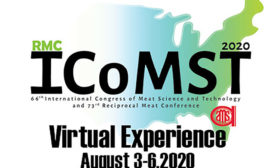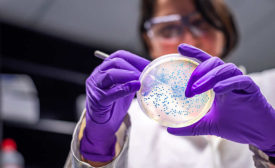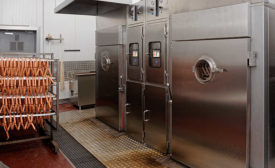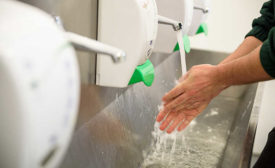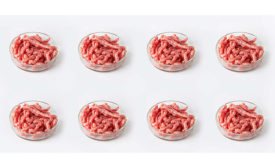Expert Commentary
Higher Education | ICOMST
Science and inspiration met at the AMSA 66th ICoMST and 73rd RMC
Read MoreCommentary | Regulations & Legislation
FSIS proposes to expand E. coli testing for non-O157 STEC
Read MoreTech | Processing
Steamed up for food safety?
Hydrated surfaces appear effective at preventing bacteria from forming during the heating process.
Read More
Tech | Food Safety
Hygiene : What was old is new
Hand-washing and other employee hygiene practices once protected the food supply; now, those same procedures keep employees safe as well.
Read More
Guest Commentary | Dr. Phil Bass
Meat industry resiliency
The meat industry has bounced back from major challenges and changes before; in the post-COVID-19 world, we should expect a similar outcome.
Read More
Get our new eMagazine delivered to your inbox every month.
Stay in the know with The National Provisioner's comprehensive coverage of the meat and poultry processing industry.
SUBSCRIBE TODAY!Copyright ©2024. All Rights Reserved BNP Media.
Design, CMS, Hosting & Web Development :: ePublishing


